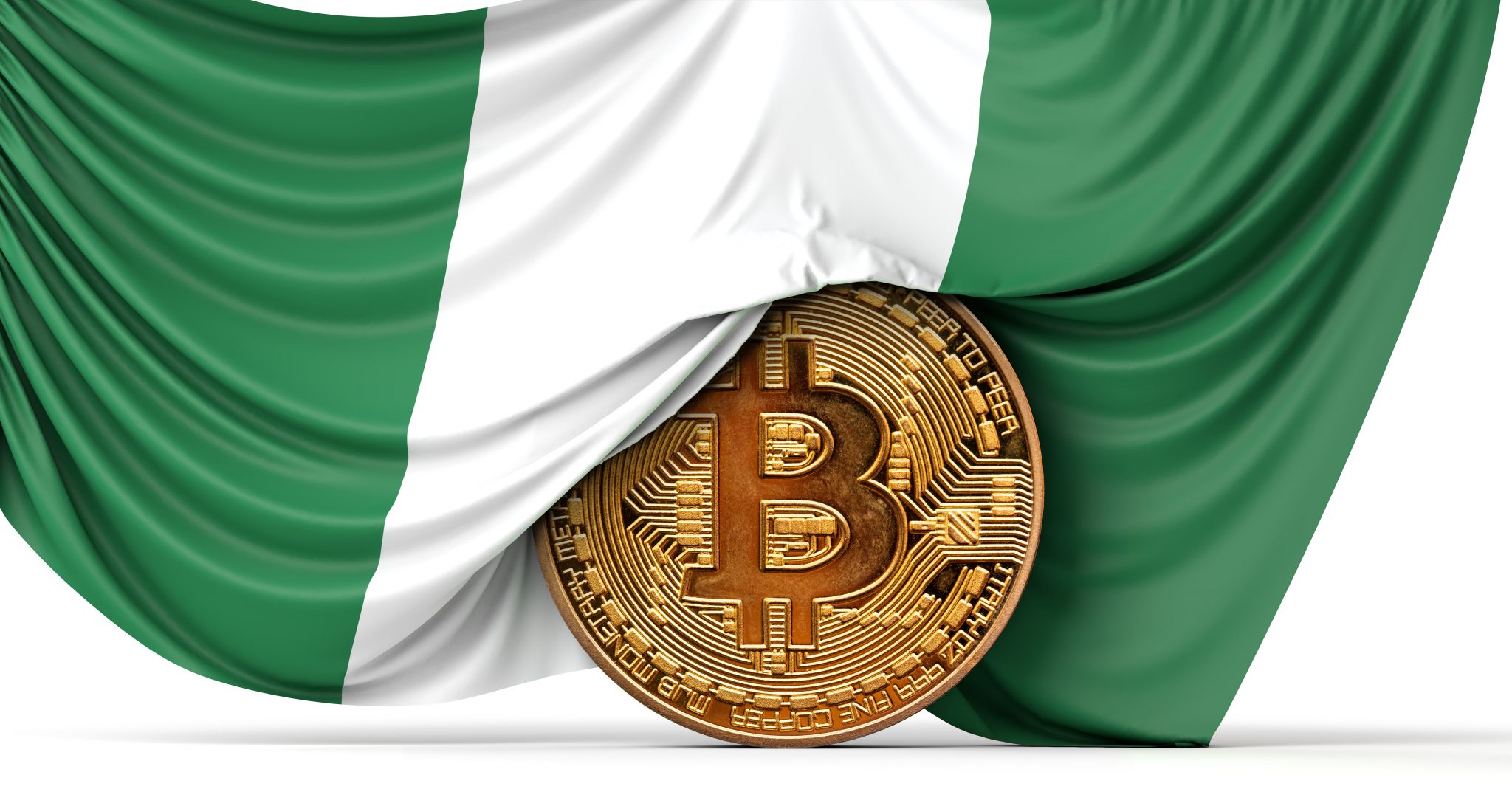Yesterday, August 30, the Central Bank of Nigeria (NCB) announced the official commitment of the global company Bitt Inc. as a technical partner for the digital currency it offers, known as e-Naira. According to The Guardian, the Director of the NCB, Godwin Emefile, has announced that the project will work before the end of this year.

Emefile also said that the Central Bank’s digital currency (CBDC) would increase trade opportunities between countries, accelerate financial commitment and lead to cheaper and faster capital inflows. Digital money, according to him, will improve the effectiveness of monetary policy, payment systems and tax collection

According to Godwin Emefile’s statement, the company was selected through a tender based on its technological competence, efficiency, platform security, interoperability and implementation experience. “In choosing Bitt Inc, the NCB relied on the company’s proven experience in the field of cryptocurrencies that are currently in circulation in several countries”
Advanced technologies in favor of banks.
Bitt, a Caribbean-based company, uses blockchain and distributed ledger technology (DLT) to facilitate peer-to-peer (P2P) transactions using mobile money through software and apps.
The director of the NCB’s corporate communications department, Osita Nvanisobi, said that the e-Naira project took a lot of time and effort,as the decision to convert the local currency into a digital format was made in 2017 after extensive research. This decision was dictated by a global trend – more than 85% of central banks are currently considering the introduction of digital currencies in their countries.
Fast scanning
At the beginning of the year, it became clear that the process of creating electronic money should be accelerated. Digital currency was becoming more widespread and young Nigerians were eager to invest in these new assets, even though financial institutions were given a ban on processing cryptocurrency-related transactions.
“The economy of Nigeria, like that of the whole world, is moving to digital technology and cash is not valid in this space. Therefore, electronic Naira, which will be the digital equivalent of money, will be used as fiat currency to conduct transactions, ” said Godwin Ephemile.
However, the International Monetary Fund has encouraged countries that want to use cryptoassets as their national currency to be cautious. The organization confirmed that the disadvantages of adopting digital currency as a national currency would outweigh its advantages. New forms of digital money can ensure cheaper and faster payments, expand access to financial services, but at the same time become a source of rapid and sudden losses.

I like cryptocurrency. I have been studying it for several years, but also investing in it and working in this field. In addition, I do articles on the subject where I try to be clear and sharp !
DISCLAIMER
The words and opinions expressed in this article are the sole responsibility of the author and should not be considered as investment advice. Conduct your own research before making any investment decisions.



